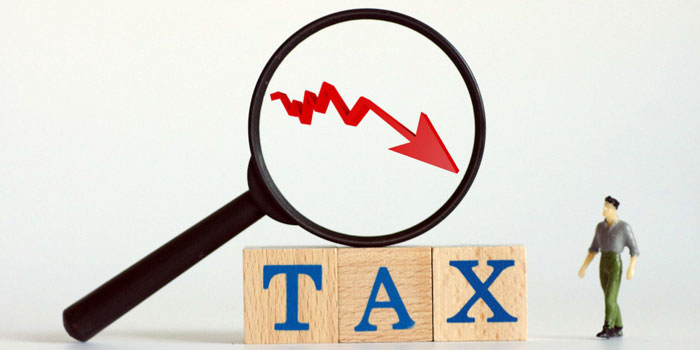A statement of claim issued against real estate for which a lien has been filed due to unpaid property taxes is known as a tax lien certificate. Certificates of tax liens are often sold to investors at auction.
Analysis of Tax Lien Certificates
Your house is given a tax lien certificate when you don't pay your taxes. When your property taxes are past due, the municipality will impose a tax lien on your home. When your taxes are fully and promptly paid, the lien is lifted.
If you don't pay your taxes or don't pay them on time, the town or county will sell the tax lien certificate to an investor at an auction (s). The investor will then pay the taxes on behalf of the property tax owner.
The Purchase of Tax Lien Certificates
A county or municipality near the property frequently hosts tax lien sales auctions. A property may only be eligible if it has been deemed in tax default for a certain period, depending on municipal legislation. Instead of offering a price for the property, interested parties bid on the interest rate they are willing to receive. The investor who bid the lowest at the auction receives the tax lien certificate.
Once a Tax Lien Certificate has been purchased.
Suppose an investor wins the auction for a specific tax lien certificate. In that case, a lien is placed on the property, and a certificate is handed to the investor detailing the unpaid taxes and penalties on the property. Not all states, counties, or municipalities allow tax liens. Some governments, like California, only hold tax sales, where the successful bidder takes title to the overdue property.
Certificates of tax liens typically have a period of one to three years. The certificate allows the investor to receive outstanding taxes and the current interest rate that is in effect, which can range from 8 to more than 30%, depending on the jurisdiction.
Tax Lien Certificate Return at a Specific Rate
Tax lien certificates may give rates of return that are significantly higher than those offered by other investments because of the high state-mandated interest rates. In general, tax liens take precedence over other liens, such mortgages.If the owner of the property doesn't pay the back taxes, the investor could be able to buy it for pennies on the dollar. Since most tax liens are cleared before a home enters foreclosure, it is unusual to buy a property `in that way.
Advantages and Drawbacks of Tax Lien Certificates
A tax lien certificate might occasionally prove to be a profitable investment. Some certificates have low entrance requirements so you may buy them for as little as a few hundred dollars. In contrast, a mutual fund, a more traditional investment, typically requires a minimum investment amount. You can also allocate your funds to get several certificates for a low overall cost. Finally, since the rate of return is usually relatively stable (as we've already stated), you won't need to worry about market swings.
The investor must pay for the certificate in full within a relatively short period, usually one to three days, which is one disadvantage of tax lien certificates. They are also relatively illiquid due to the absence of a secondary market for trading these certificates. The need for caution while examining tax lien certificates is shown by a two-acre property that initially seems to be a good value but is a strip of land that is barely 3 feet broad by 5 miles long. Due to this, the land cannot be used to build a house or a business, among other things.
Tax Lien Certificates' Work
A tax authority may issue a tax lien certification to landowners if they don't pay their real estate taxes. After then, these certifications can be sold at an auction.
The lowest interest rate
You consent to pay the unpaid lien balance and any related interest or penalties when you purchase a tax lien certificate.
House Owners
Tax lien certificates can be problematic for homeowners for a variety of reasons.
First, you will be responsible for paying not just the past taxes but also the interest and penalties if you have an active tax lien certificate. As a result, the cost of owning the property can go up.
Next, and more importantly, failure to pay the required amount to redeem a tax lien certificate could lead to a foreclosure filing. This could result in the loss of property or severely damaged credit.






